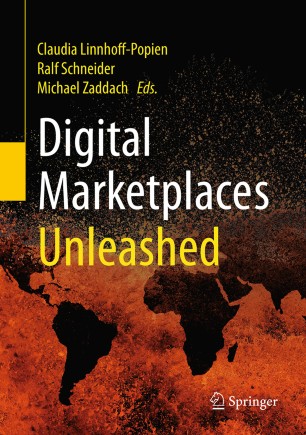 |
Zakaria Abdelmoiz Dahi Lehrstuhl für Mobile und Verteilte Systeme Ludwig-Maximilians-Universität München, Institut für Informatik Oettingenstraße 67 Raum G008 Telefon: +49 89 / 2180-9226 Fax: +49 89 / 2180-9148 |
Bio:
Zakaria Abdelmoiz DAHI is a researcher-lecturer working on the design and application of quantum-classical optimisation and machine learning techniques for solving real-world problems considering the noisy nature, the limited capacities, and the hardware restrictions of today’s quantum computers. He is performing a three-months research stay in the Quantum Applications and Research Laboratory (QAR-Lab) at the institute of informatics, faculty of Mathematics, Informatics and Statistics, in the Ludwig-Maximilians-Universität (LMU) – University of Munich (Munich, Germany). The research visit aims at achieving a research proposal entitled “Supervised Learning for Enhancing the Quantum Approximate Optimisation Algorithm”. The former consists in enhancing quantum optimisation algorithms using classical artificial intelligence, including optimisation and machine learning.
Project Description:
Quantum computation is based on quantum mechanics principles, which allows it to gain a computational speedup over its classical counterpart, especially in combinatorial optimisation. The Quantum Approximate Optimisation Algorithm (QAOA) is a recent and promising quantum optimisation technique. It is expressed as a parameterisable quantum ansatz whose parameters control its efficiency. The QAOA’s parameterising is a complex task usually treated as a white- or black-box optimisation problem. The best QAOA efficiency is reached using higher-complexity QAOA quantum ansatz. This involves many more parameters to set and hardens, even more, the QAOA’s parameterising considering that white- and black-box optimisation approaches become less efficient and computationally/time expensive. So, as an alternative, a few works have investigated the use of Machine Learning (ML) techniques instead. Encouraging results have been found, although those works explored limited ML techniques on a set of moderated benchmarks (e.g., quantum ansatz, quantum machines, etc.). This leaves several pending research questions about the efficiency, design and generalisation of ML approaches to QAOA for real-world-sized problems. Considering these facts, the objectives we set are to (I) advance research in this axis by explor-/design-/integrating more advanced supervised learning approaches for enhancing the QAOA’s parameterising, ultimately achieving a more efficient combinatorial optimisation problem-solving. (II) Attempt to answer the questions arising from previous literature by testing our proposal on extended benchmarks and comparing it to state-of-the-art quantum, hybrid and classical optimisers (e.g. annealers).

